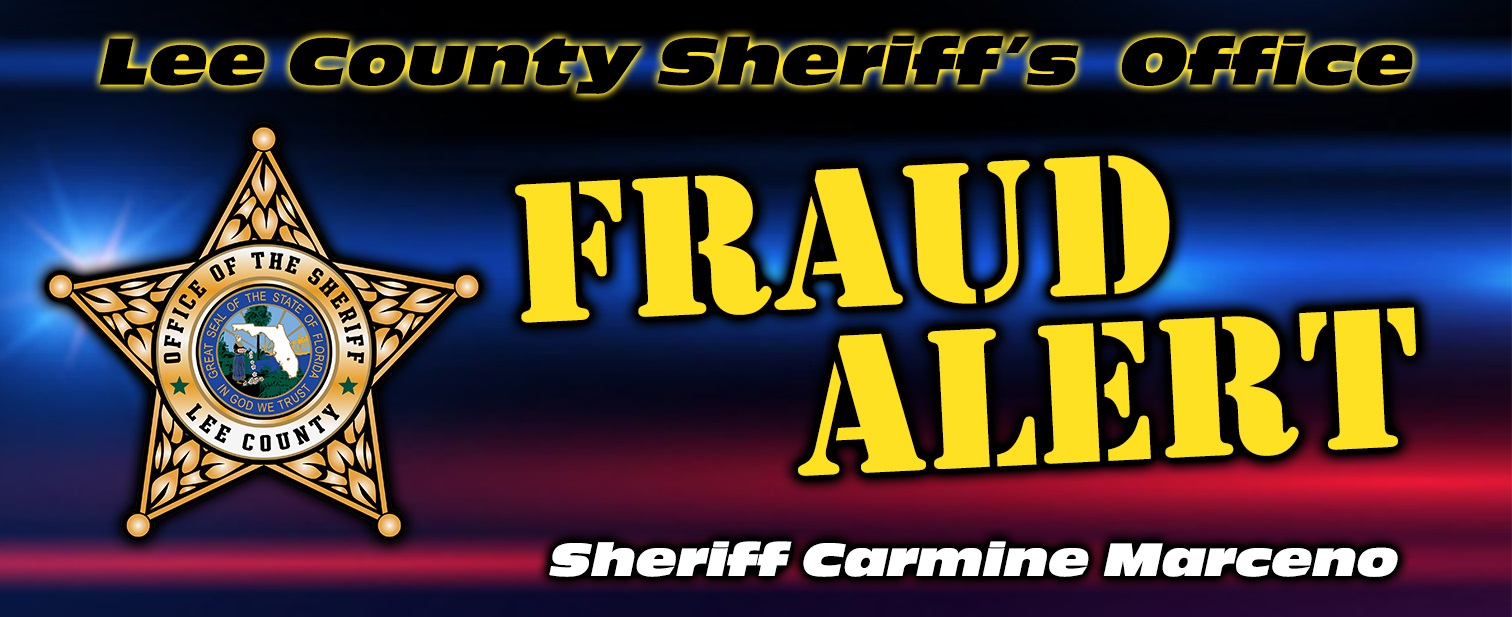SHERIFF CARMINE MARCENO’S JULY FRAUD ALERT: CORRUPTED iPHONE APPS

While Smartphone companies work diligently to review new applications, even their best efforts have allowed fraudulent applications to be made available.
In a recent Washington Post review, reporters indicated that roughly 2 percent of the 1,000 most popular iPhone applications were fraudulent or infected. Apple reportedly claimed to prevent over $1.5 billion in fraudulent transactions, however, market research shows that despite such efforts, app users have been defrauded out of approximately $48 million.
These corrupt applications may be in the form of seemingly fun games, apps for trustworthy name-brand corporations, browsers or news applications.
Some applications will steal personal information, will charge you for downloading the app, force you to purchase antivirus software that you do not need, etc. One app that was exposed charged customers $4.99 per week, to read QR codes…something that your phone can do for free.
The issue has grown to the point that the Better Business Bureau has issued multiple alerts.
It is not always possible to visually detect fraudulent apps. However, a large number of them have misspellings, improperly placed spaces or use similar, but not identical, corporate logos that appear familiar to us.
If a game or application gains significant popularity, one can expect to see similar, corrupt applications suddenly appear hoping to deceive consumers.
Before downloading an app, carefully check the name. Try to find reviews for that specific application. Popular apps should have millions of downloads. Check the number of times that specific app has been downloaded.
Prior to download, read the description of the app. If it is poorly written, contains grammatical errors and/or misspelled words, you are likely dealing with a fraudulent app.
Visit the Federal Trade Commission’s website at reportfraud.ftc.gov to report fraudulent apps or for additional information.
